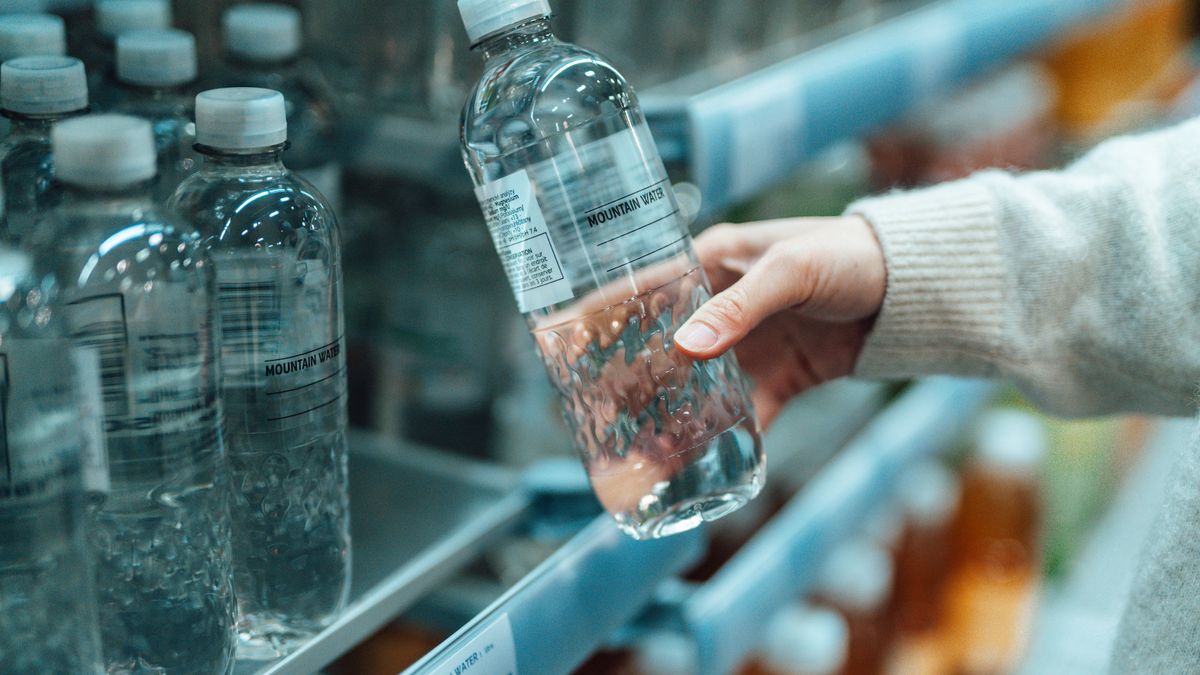It is essential to have water for survival. You cannot survive without water, either as a drink or a cooking liquid, since it will cause you serious harm if you do not get some within 1-2 days.
Some people rely on tanks or large barrels for water storage, but most of us purchase bottles or jugs and store them in our pantries and shelves. We are very careful about the shelf-life of our food, but we never think to check if water is expiring.
Maybe you’ve never heard of it. Now that you’ve heard about it, I suspect it has raised some questions in your mind. It does? !
Even if the volume of factory-sealed bottled water decreases over time due to evaporation, it does not expire. The date commonly labeled as the “expiration” on bottles of water is actually a date that states when it is best to consume. You might notice that bottled water with a sealed container will develop an unsavory taste over time as the chemicals from the bottle leach into it. Any sealed water bottle that is broken, or has its seal compromised in any way may contain microbes and algae.
Below, we will explore this sometimes confusing topic in more detail.
The expiration date sure looks like it…
You and many other consumers may think this, but in some places it could be a law-mandated expiration date. That’s all there is to it! This does not mean the water is going to expire like other foods or drinks.
Manufacturers who are selling their products at the regional or national levels will likely look for ways to reduce costs by standardizing packaging.
If any bottle must be marked, embossed, engraved or inked with the expiration date or “best-before” date, all bottles are likely to be, even if not headed for a marketplace in an area that mandates such marking.
The savings are likely to be fractions per bottle, but when multiplied by tens or even hundreds of thousands, it adds up.
Any date printed on a water bottle is a recommendation and may not be based in reality. You might find that your water tastes fine well beyond the prescribed date, or you might notice it starts to smell bad even before then.
You can only be sure by conducting experiments with your brand of choice under actual storage conditions.
How can I tell if my bottled water is bad?
We can’t really say without tasting it or opening the package.
Although your bottled drinking water will last for a long time, “good” here means “safe”, you should still be aware that it can change over time in terms of taste due to chemical compounds leaching from the container.
The water is not unsafe for drinking if the compound in question does not cause harm.
Listen to those Birkenstock wearing crunchy granola types before you believe them when they tell you chemicals X or Y will make your hair fall or cause you to go blind.
Remind yourself of the fact that even the most pure and clear water, taken from an uncontaminated natural source, could contain pathogens. These could cause a greater risk to your health.
Water is an effective, but slow acting, solvent. This is why it takes time for your water to develop this bad taste. It will dissolve almost everything on Earth if you give it enough time.
If the packaging is plastic, and the contents of the bottle are not already contaminated at the time the water was added to it in the factory then the compounds responsible for the funny taste (often described as slightly metallic or burnt) come directly from it.
The water is contaminated with these compounds as soon as it leaves the bottle.
Scientists at major universities assure us that the chemicals in commercially produced water are safe in amounts that can be found in bottles of water that have been seated for some time.

The effects of broken or suspect seals
The information above is valid and useful only if the water is sealed in a factory with high quality standards.
You can expect bacteria to grow in bottled water if it has not been sealed, has a compromised sealing, or if someone has drunk from the bottle before it was put away.
As a rule of thumb, you should use a bottle of sealed water within 2 weeks. Otherwise, the chance of bacteria multiplying and causing harm is too great.
If the microorganisms are in the right conditions, they can reproduce very quickly.
You can get ill from anything, including viruses and prions. In rare cases you may even die. When in doubt, run water through a filtration system or boil it.
A quick word about algae… When exposed to the sun, the alga will multiply quickly and coat both the water’s surface and the container that holds it. The result is an appearance which can make you sick just by looking at it.
It may surprise you to learn that most algae species are completely harmless and even edible. Filtering water with a colony or algae will improve the taste and look.
The conclusion of the article is:
Your bottled water will not expire. However, if it is left sitting in its bottle for an extended period of time, it may start to acquire a bad flavor from the container and lose some volume due to evaporation.
Scientists have determined that this bad taste is not harmful, since it affects only the flavor of your water.
If you buy bottled water with a broken seal or other compromise, it will eventually be contaminated and unsafe to consume.
If you suspect that the seals of any container or water bottle have been damaged, it is best to still treat them. You can also ignore any embossed or printed expiration dates on the bottle when you store it for a long time.